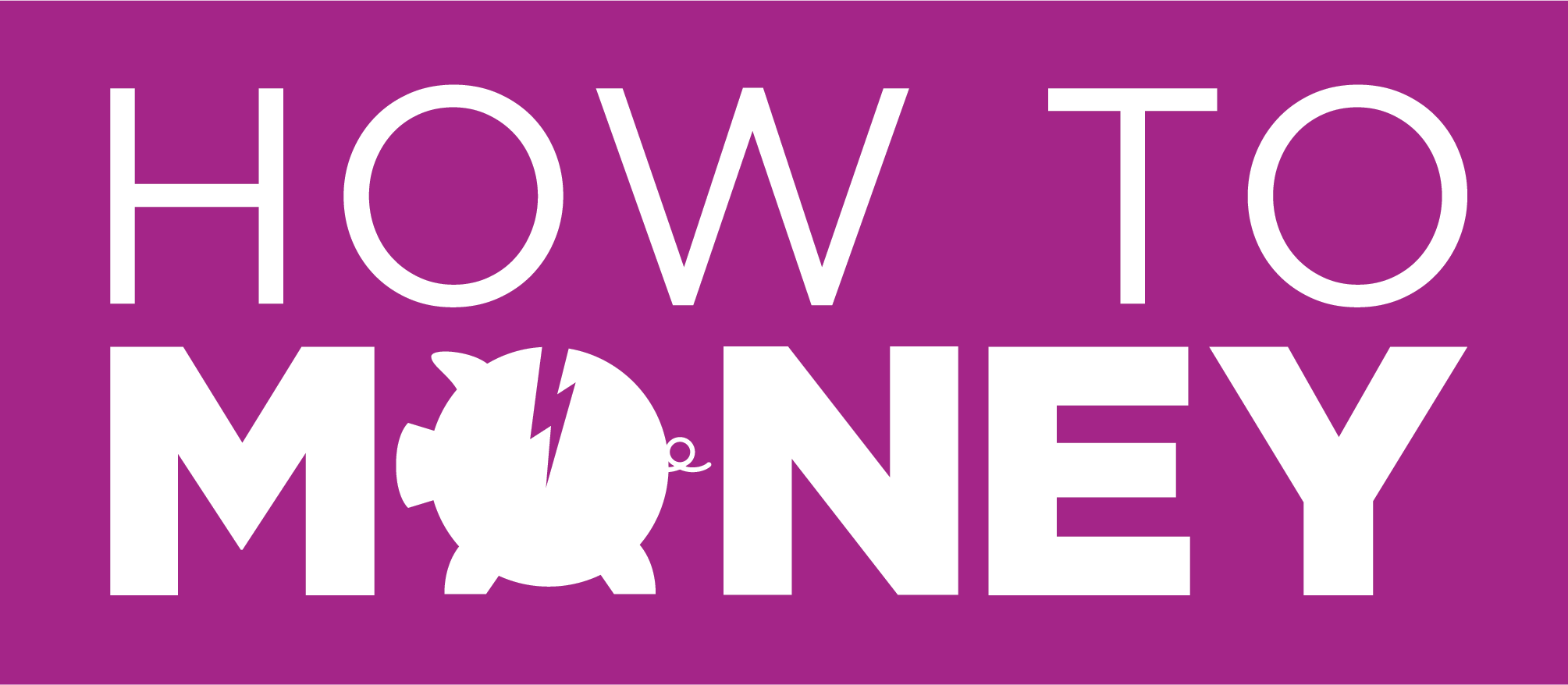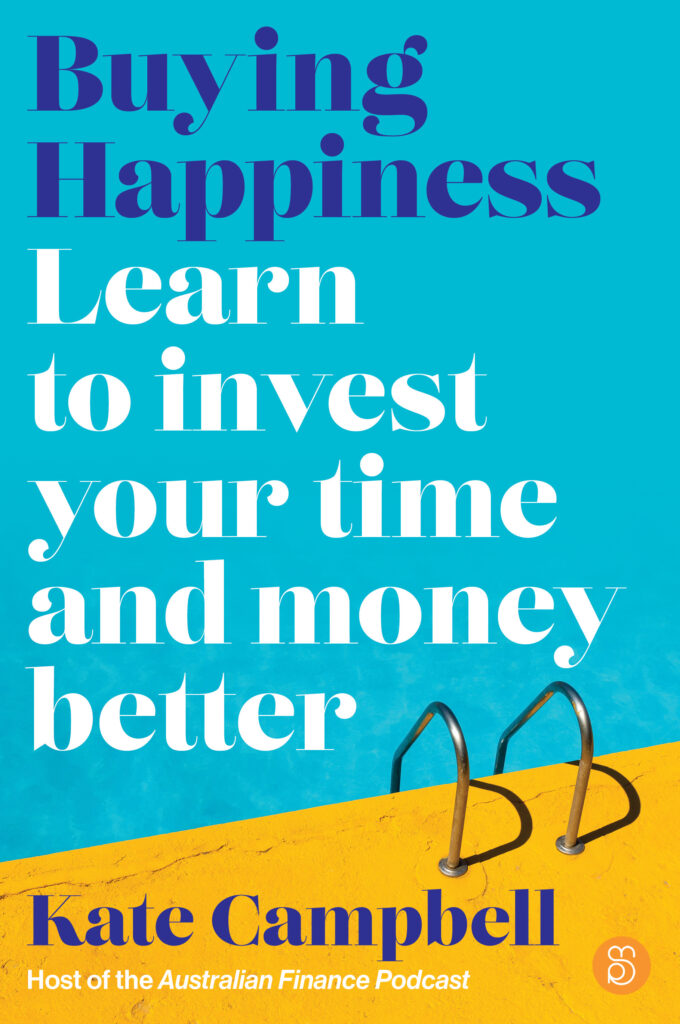
The Psychology Behind Saving a $1,000 in 30 Days
Last year, I embarked on a personal challenge to save or make $1,000 in 30 days (on top of my regular savings). This year, after having many close friends intrigued and interested, I put all my learnings into e-books and turned it into a public challenge that anyone can do for free.
The #1K30DAYS challenge is currently in progress. You can still join, and enter into the running for prizes too!
I believe that getting good with money is more about psychology than it is about the dollars and cents. This challenge was no different. I learned a lot about what kind of mindset it takes to see something like this through, and the psychological pitfalls that keep many people from succeeding. Here are 3 things I learned about money psychology by doing this challenge:
1) Working towards a specific goal is critical for focus and motivation.
Specifying exactly how much money I was going to save in a defined period of time was the key to actually achieving it.
I often see people saying that they just want to “save more money”. This is not a well-defined goal. It’s hard to know how much action you really need to take to make real progress, if you have no idea where you’re trying to get to. It becomes easy to tell yourself “well, I saved an extra $10 this week, so that’s more than last week. That’s good progress!” But if you have no idea what the end goal is, then you have no idea how much action you should be taking to get there.
2) You need to really commit to seeing it through. If it’s just a ‘hope’ or a ‘wish’ or a ‘dream’ or a ‘nice to have’…it’s not going to happen.
From early on, I had decided I was going to save an extra $1,000 in 30 days. It wasn’t simply a hope. It was a commitment. It was something I had to follow through on. This meant that when it got hard, or boring, or frustrating…I stuck it out.
This is the second big mistake people make. I often hear people say things like “I hope it’ll work for me!” “I hope I’ll be able to do it” “I’m not sure if I can do it, but I’ll try”. This usually reflects something lacking in that person’s self-belief, and that lack of self-belief is likely going to show up in how hard they work towards that goal or how easily they give up on themselves.
When we see someone else achieve something big, we feel a sense of awe and admiration. It’s inspiring and we want to be able to achieve the same thing, right? But when we suddenly are in a position to give it a go…we cop out on ourselves. We demonstrate a real lack of confidence in our own ability to achieve that very thing we wanted to achieve. Suddenly, we’re not sure. It seems like a stretch. We don’t want to set ourselves up for failure.
This is only human. But what many of us don’t realise is just how damaging this is to the achievement of our goals. Our lack of self-belief usually translates to half-hearted action, which translates to half-hearted results. This then validates our initial belief that we didn’t have it in us anyway.
People don’t achieve great things by accident. They don’t achieve it first, and then develop the self-belief to match. No. They believe in themselves first, they commit to a goal well before they have achieved it, and then they do everything in their power to make that happen.
Now…even after all that self-belief, even after giving it 100%, they may fall short. So, self-belief and giving it 100% isn’t a sure way to succeed. But not believing in yourself and only giving it a half-hearted go is a sure way to fail.
3) You need to stop thinking “It’s fine, I already save plenty, I don’t really need to save more money.” That’s just a psychological comfort zone.
I’ll be the first to admit…I kind of fell into this category too. I have a healthy amount of savings, I save money on a regular basis, and I have no consumer debt. Why would I need to put myself out to scrimp and save an extra $1,000? I mean…things were going okay for me, right?
If you’re earning an above-average income, and you’re pretty good at saving on a regular basis and keeping yourself out of debt, you’re probably thinking the same thing. Like…why bother?
Here’s the thing though. Having a good income and a healthy amount in the bank often leads to complacency. It’s a psychological comfort zone. People fall into the trap of thinking, “But I have tonnes of money in the bank,” or “I earn a good income so I don’t need to worry”.
Ironically, these are often the same people who get excited about the idea of investing, starting a side hustle or starting their own business. They are totally on board with the idea of making more money but find the idea of ‘saving’ money kind of boring. Reality check: one without the other is kind of pointless. There are plenty of high-income earners who are also high-spenders, meaning they’re not building their savings or wealth.
Doing the challenge forced me to really step outside my comfort zone. I was required to think outside of my regular income and savings opportunities. So I really started to see value and opportunities where I didn’t before. It changed my relationship to ‘waste’ as I started to become acutely aware of unused household items, unworn clothes, and even food waste.
So, while the $1,000 I saved has now been spent on its due purpose, the behaviour and mindset changes are something I continue to benefit from.
Paridhi Jain — Founder of SkilledSmart
Want to learn more about money and personal finance? Check out our article archive, the How To Money Podcast and the Australian Finance Podcast. Catch us on Twitter @HowToMoneyAUS and Instagram on @HowToMoneyAUS.
Important Information
The information on this blog and website is of a general and educational nature only. It does not take into account your individual financial situation, objectives or needs. You should consider your own financial position and requirements before making a decision, as we are not an advisory service. We recommend you consult a licensed financial adviser in order to assist you. The information is based on assumptions or market conditions which can change without notice, and this will impact the accuracy of the information provided. This website and blog occasionally provide links to third-party sites, aimed at helping you gather the information required to make an informed decision — we may receive payment for these referrals.






